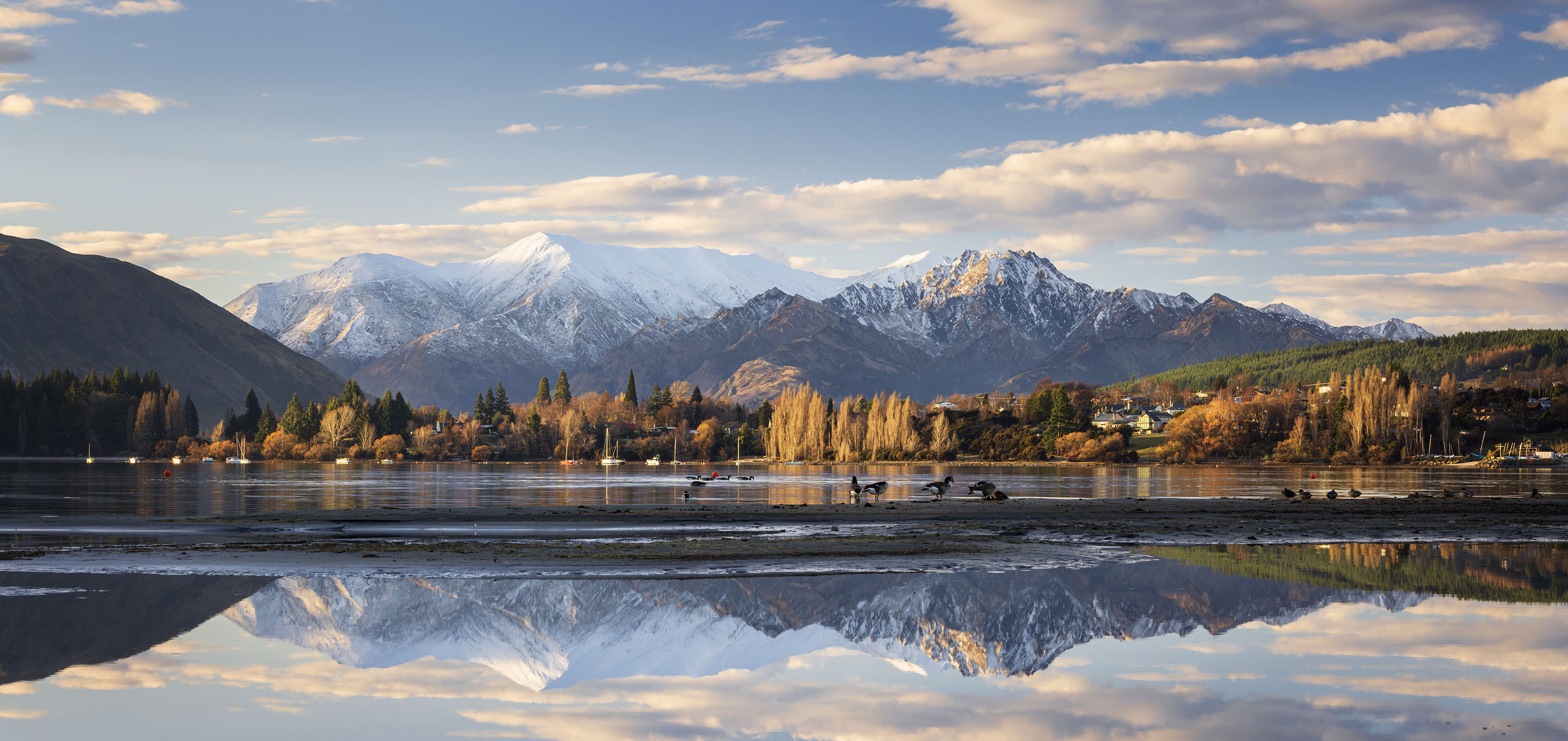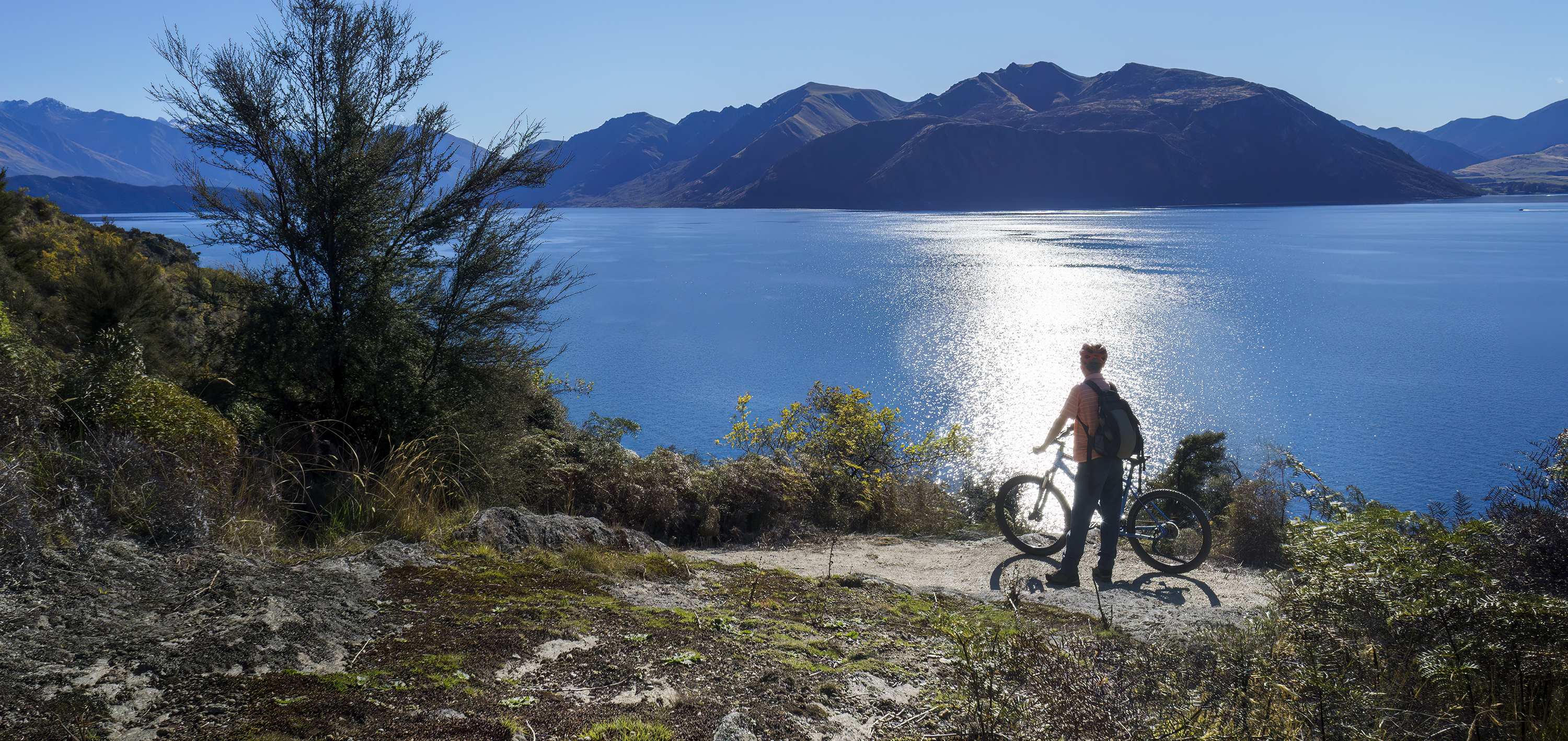Forsyth Barr Central Otago
The Long and the Short of It
In the investment business, we typically think about what our clients will require decades down the track. We do the research, look at their current situation, predict their future needs and develop a plan to ensure they’re set up to live good lives when they get there.
The challenge is that humans are generally short-term creatures. We are often more attracted to instant gratification than future benefits; more interested in trying to time the market than simply spending time in the market; more concerned about occasional sharp dips than content with consistent long-term returns. And that’s one of the main reasons Forsyth Barr exists: we try to temper those short-term impulses and ensure our clients stick to the long-term plan.
Our business requires us to look a long way out over the horizon. And, as committed members of the Central Otago community, we’re also interested in the long-term prospects of our region. Over the coming months, we’ll be sharing our vision of Central Otago’s future, looking at some of the issues that are holding it back - like the shortage of healthcare services or housing unaffordability - and offering some solutions.
Broadly, we believe many of the problems the region faces now - and what will stop it from reaching its full potential - are a result of short-term thinking and a lack of foresight. When Lord Joseph Bazalgate, London city’s chief engineer, looked at plans for a new sewer to deal with the ‘overflow’ in the streets and rivers in the 1850s, he saw they were designed to handle the current level of waste for around 2.5 million people. He decided to significantly increase the size of the pipes because he believed a project of that scale should be done once, done well and be capable of handling future growth. That foresight served the city well.
While nowhere near the same scale as London, it could be argued that Central Otago - from Queenstown and Wānaka, to Cromwell and Alexandra and everywhere inbetween - is at a similar juncture. It is also groaning under the weight of its own popularity and in need of significant investment.
We tend to take our infrastructure for granted these days and most only think about it when it stops working, when it’s overloaded or when it’s being built. But investing in it - and maintaining it - is essential for growth. The Auckland Harbour Bridge is another city-shaping example of public infrastructure and while the benefits have far exceeded its costs and radically changed the surrounding area, it was also a famous case of underinvestment, with additional clip-on lanes added not long after it was completed.
We continue to see similar stories of underinvestment in this region - whether it’s new bridges, roads or schools that are close to capacity soon after completion, . It’s positive that these assets are being built to cope with population growth, but scrimping at the outset or not building these things with a long enough time horizon is a false economy.
The initial costs and benefits of these investments are relatively easy to calculate. The intangible, indirect benefits that come much later on are more difficult to chart, but it’s crucial to factor them in when making these investment decisions.
We also need to look at the costs associated with not doing anything or not doing enough - whether lost productivity from gridlock, unaffordable property prices due to lack of housing supply, or people moving away from the region in search of better healthcare services.
Investing in infrastructure is about adding options and creating a more resilient region; it’s about saving time, saving money, reducing our impact on the environment, improving our well-being and creating the most benefit for the biggest number of people.
Forsyth Barr’s Central Otago office is invested in the community - sometimes quite literally. When the region does well, we do well. But the region won’t do as well as it could in the future if we keep doing the same thing and expecting a different result.
As one of the fastest-growing parts of the country, we cannot afford to only deal with the problems of now. And we cannot afford to operate as a separate collection of towns. We need to be more like Bazalgate and, as a region, think about the problems we’re likely to be facing 30 - or even 100 years - from now and develop a plan to ensure we’re set up to live good lives when we get there.
To talk investment - either for yourself or the region – get in touch with us at Forsyth Barr Investment Advice Central Otago on 03 443 2980.
Read more - Share our Knowledge articles

Onwards and Upwards

Health is wealth, so where's the investment?

Laws of Attraction

The Big Switch

Happy Trails

The gift that keeps on giving

Due South
Your Central Otago Investment Specialists
Interested in investing with us?
Please head to our online enquiry form to fill out your details and how we can help you. An investment adviser nearest to you will be in touch to discuss next steps.